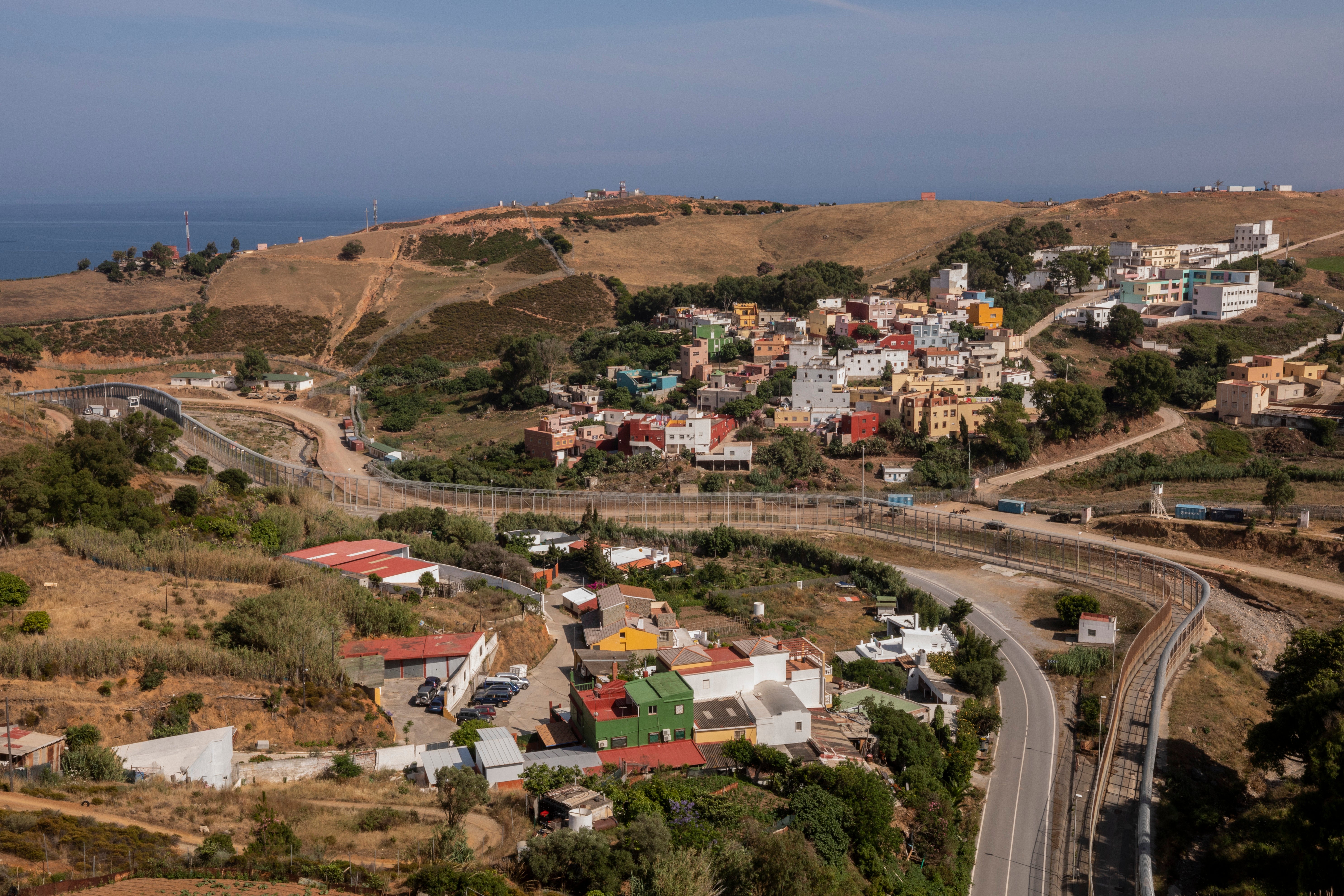Spain, Morocco to open land borders next week after 2 years
The Spanish government says the land borders between Morocco and Spain’s North African enclaves of Ceuta and Melilla will reopen next week

Your support helps us to tell the story
From reproductive rights to climate change to Big Tech, The Independent is on the ground when the story is developing. Whether it's investigating the financials of Elon Musk's pro-Trump PAC or producing our latest documentary, 'The A Word', which shines a light on the American women fighting for reproductive rights, we know how important it is to parse out the facts from the messaging.
At such a critical moment in US history, we need reporters on the ground. Your donation allows us to keep sending journalists to speak to both sides of the story.
The Independent is trusted by Americans across the entire political spectrum. And unlike many other quality news outlets, we choose not to lock Americans out of our reporting and analysis with paywalls. We believe quality journalism should be available to everyone, paid for by those who can afford it.
Your support makes all the difference.The land borders between Morocco and Spain's North African enclaves of Ceuta and Melilla will reopen next week, Spain said Thursday, after being closed for more than two years due to COVID-19 restrictions and tensions between the two countries.
Spanish Interior Minister Fernando Grande-Marlaska told reporters the reopening will start gradually from May 17. Crossings will be initially limited to residents of Europe's passport-free Schengen area and their family members, and will be expanded to cross-border workers by the end of the month.
The local economies on both sides of the fences that slice off the tiny Spanish enclaves from Morocco depend on the crossings of goods and workers.
Thursday's announcement came as Madrid and Rabat are working to mend relations after a months-long spat centered on the disputed region of Western Sahara, a former Spanish colony annexed by Morocco in 1976. Tensions began to thaw earlier this year after Spain backed Morocco’s plan to grant more autonomy to Western Sahara.
That decision — a reversal of Spain’s longstanding position of neutrality on Western Sahara — came as a surprise to many and sparked anger among key political allies of Spain’s Socialist-led government. Morocco’s King Mohammed VI responded positively, however, sending back the Moroccan ambassador to Spain 10 months after she was recalled and hosting Spanish Prime Minister Pedro Sánchez in an April visit to Rabat.
The border is set to be opened exactly one year after Morocco loosened its border controls around the enclave of Ceuta, allowing thousands of migrants to cross into Spain. That move was widely seen as retaliation for Spain’s decision to allow the leader of Western Sahara’s pro-independence movement to be treated for COVID-19 at a Spanish hospital.
Morocco is considered critical in the fight against radical jihadi groups, as well as in holding back increasing numbers of African migrants seeking to reach Europe as they flee violence and poverty at home.